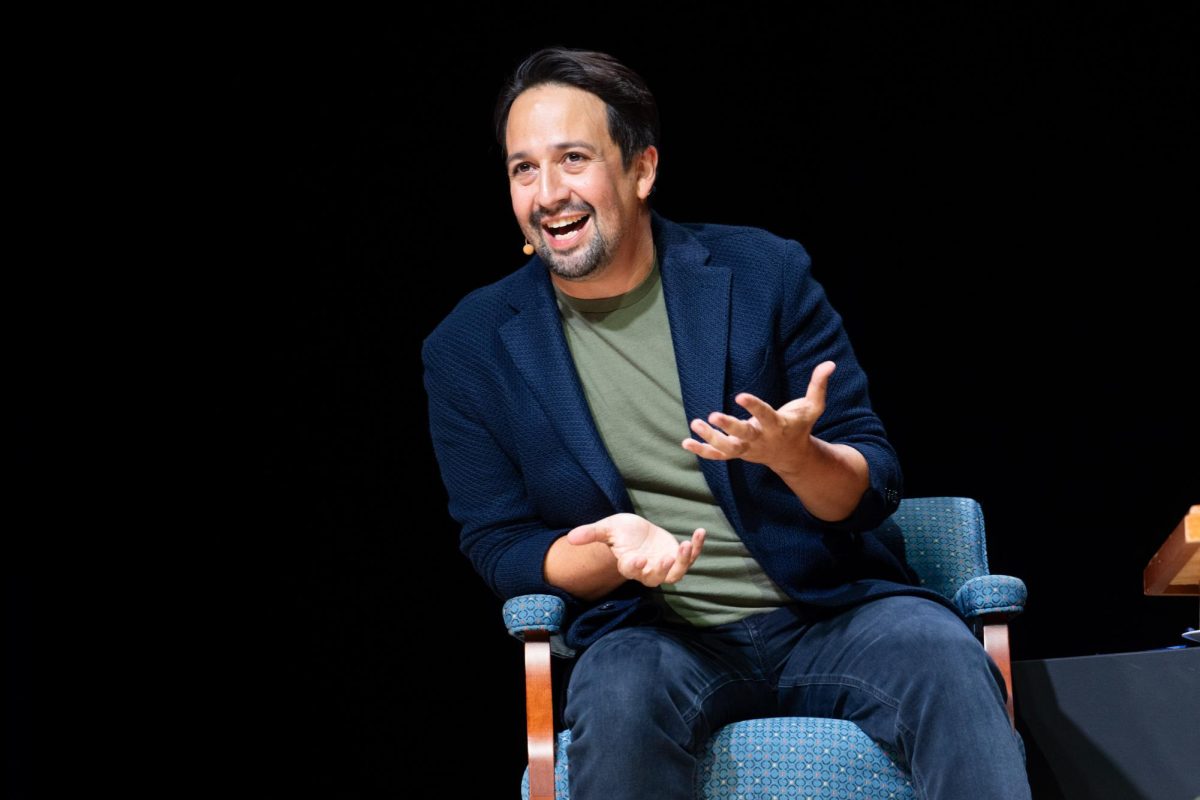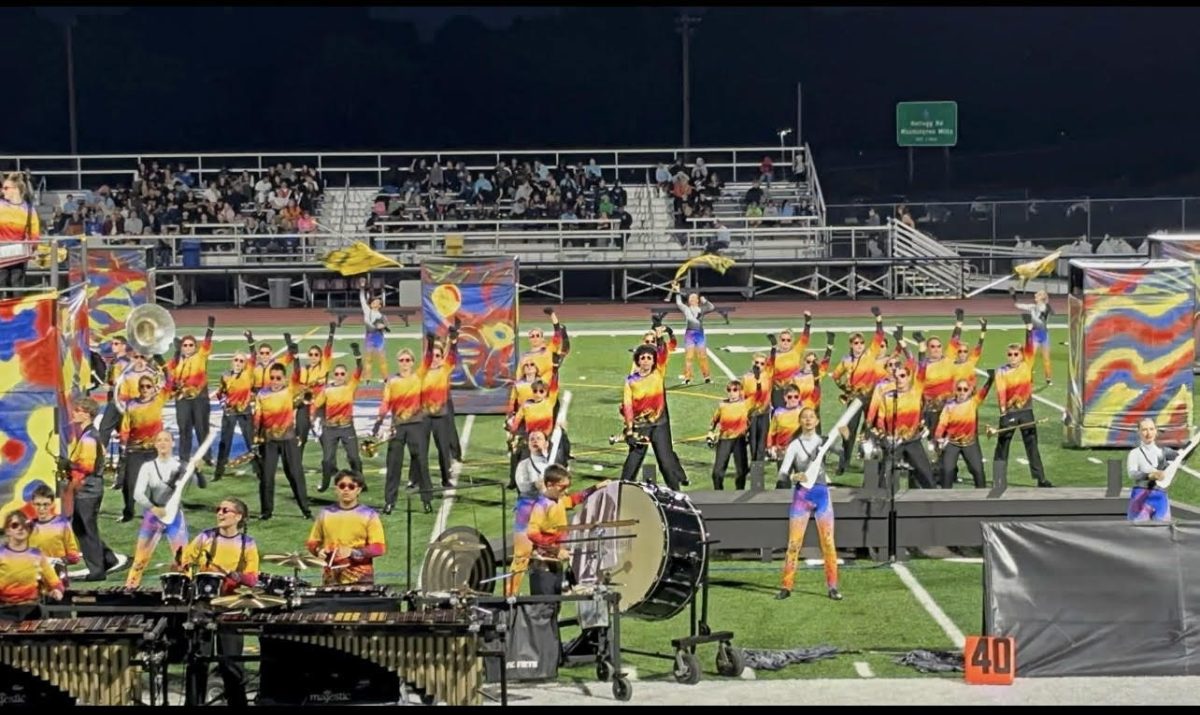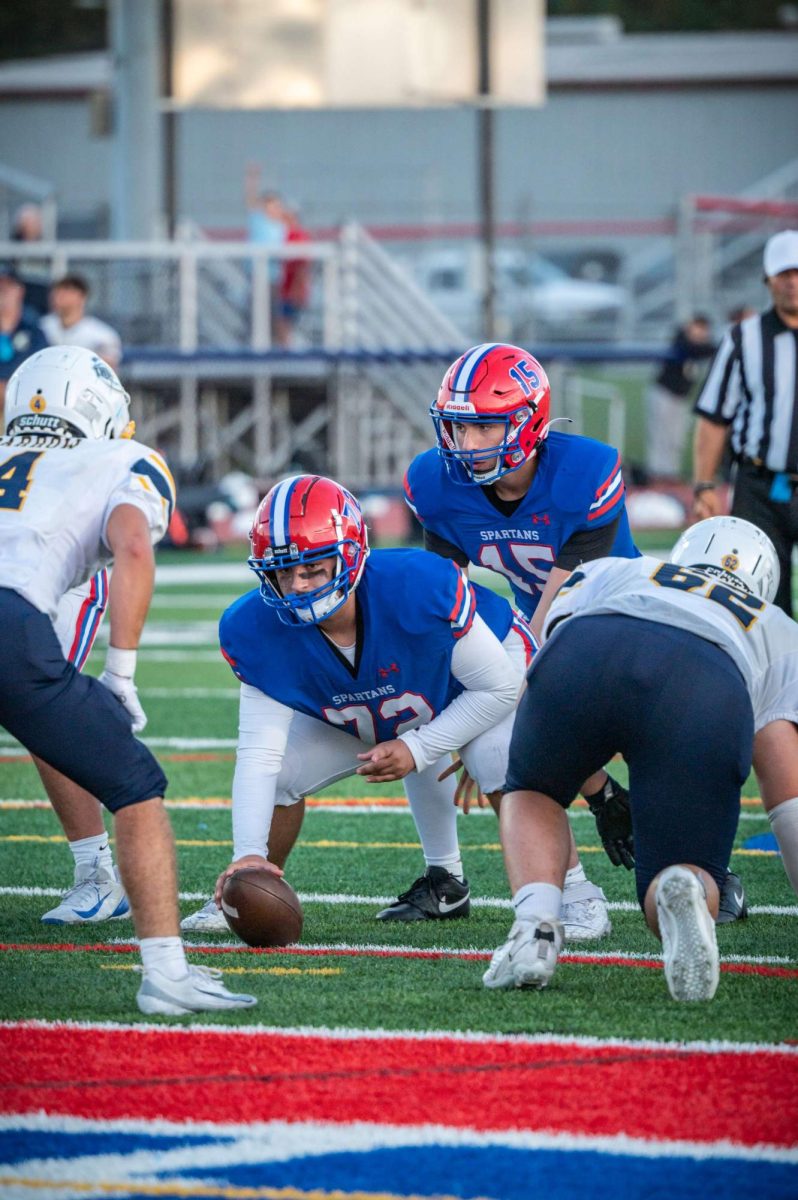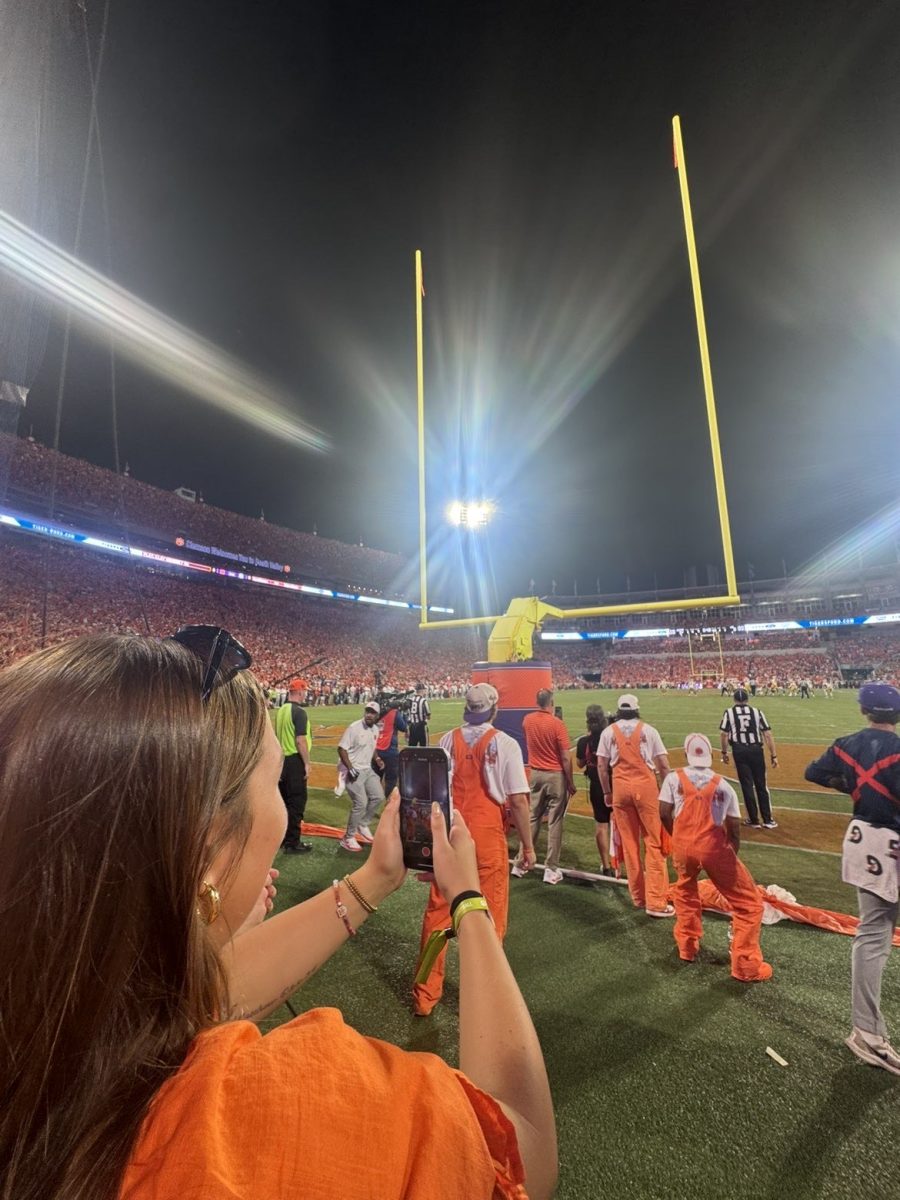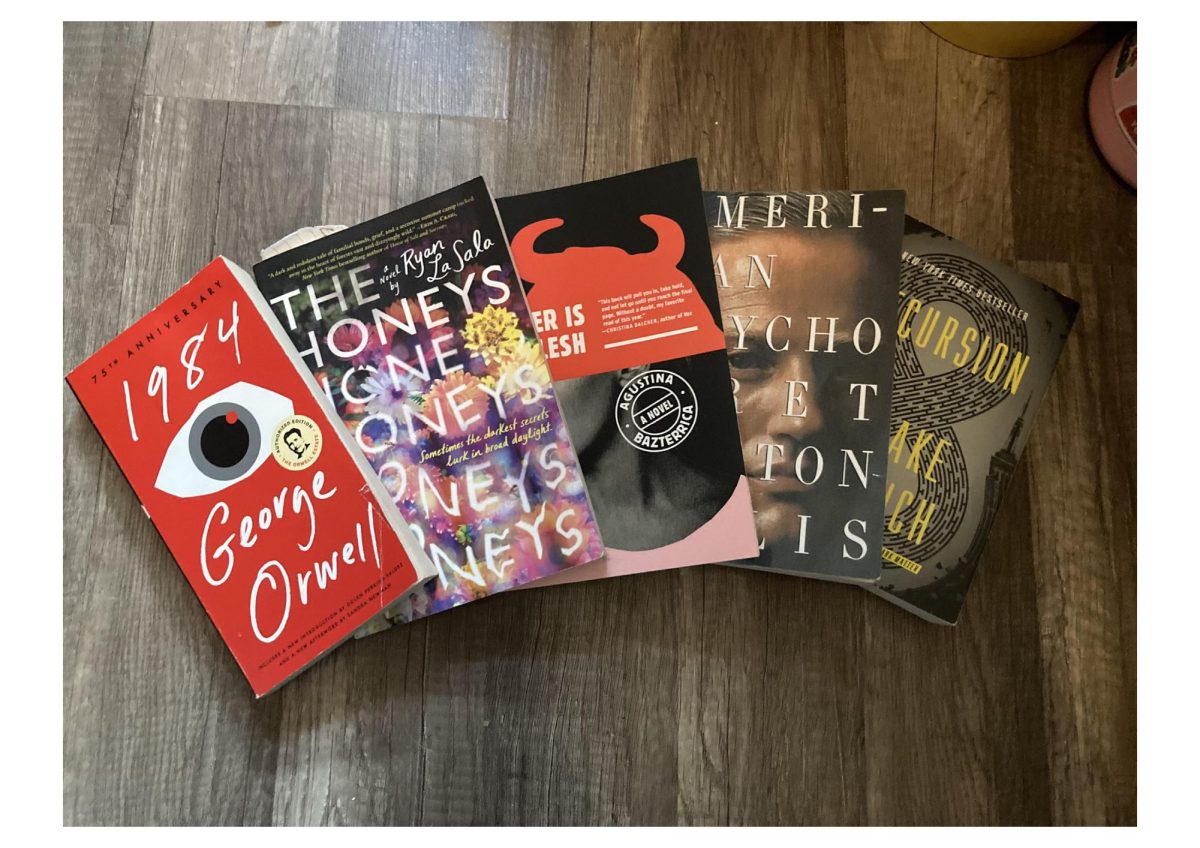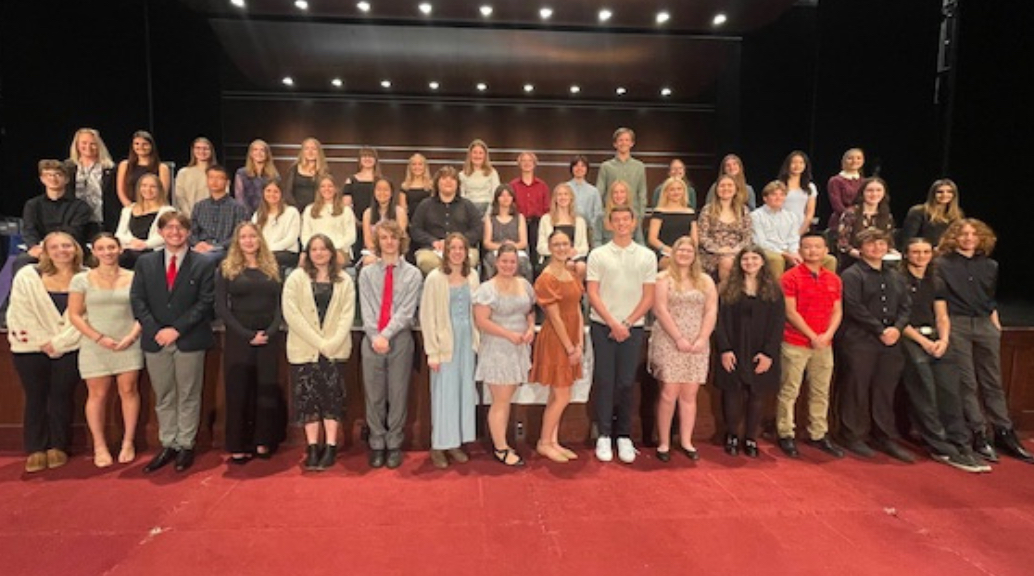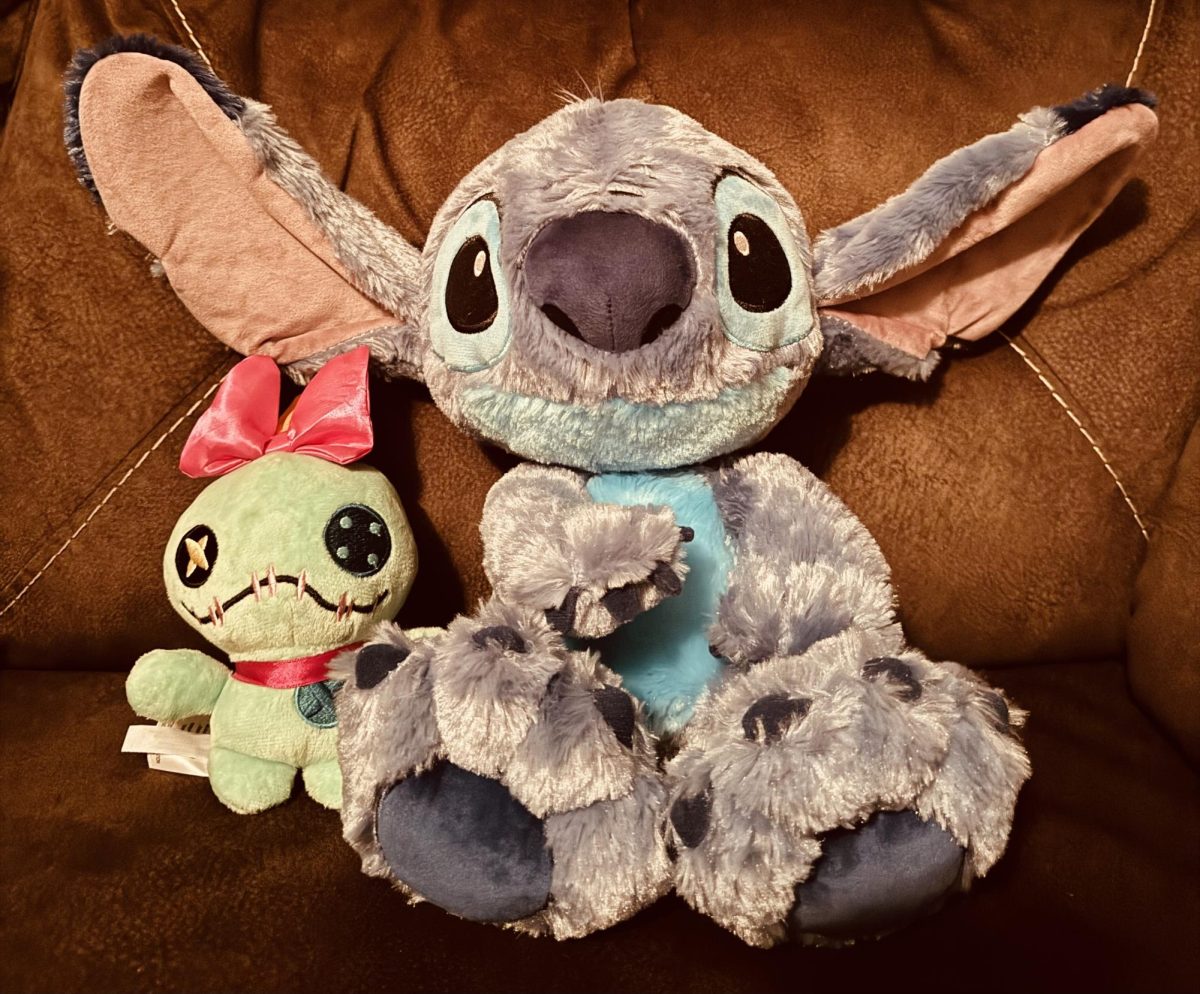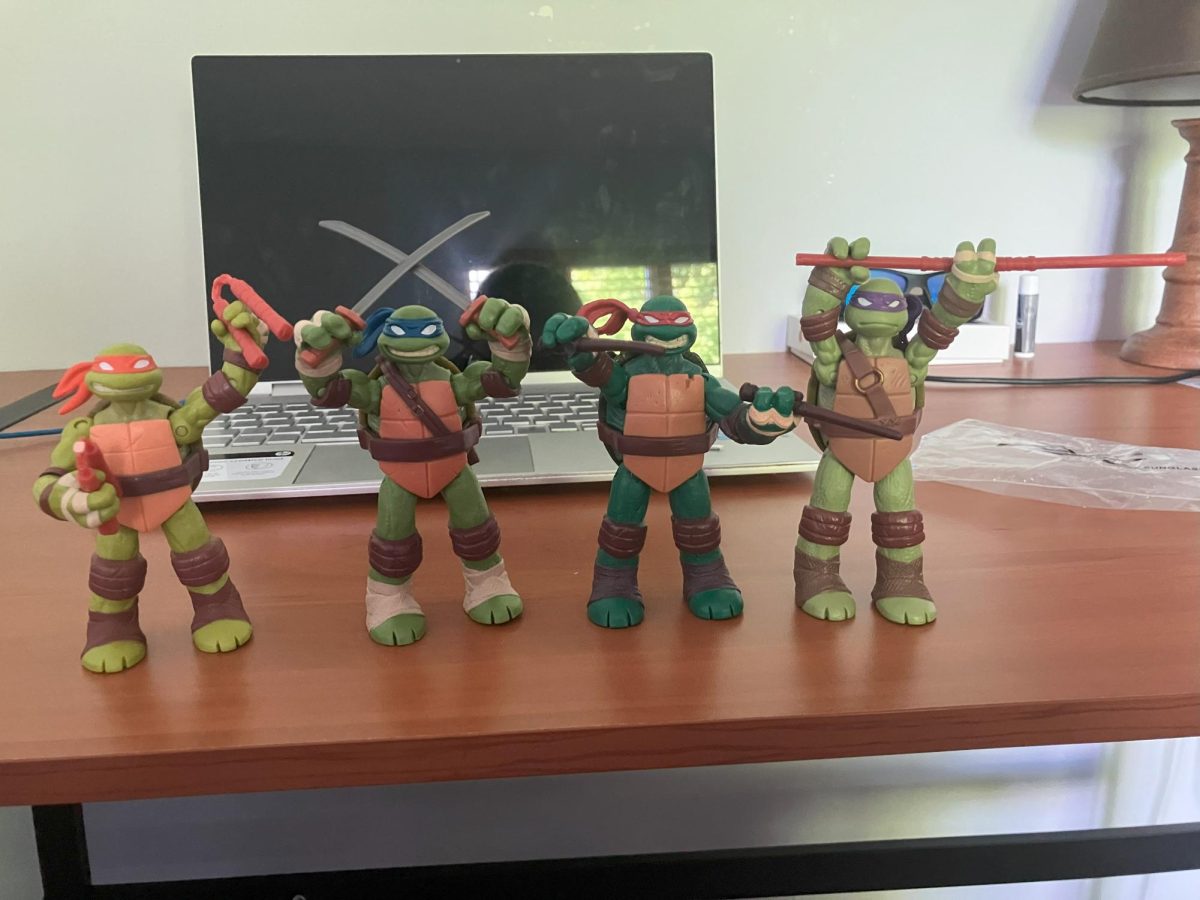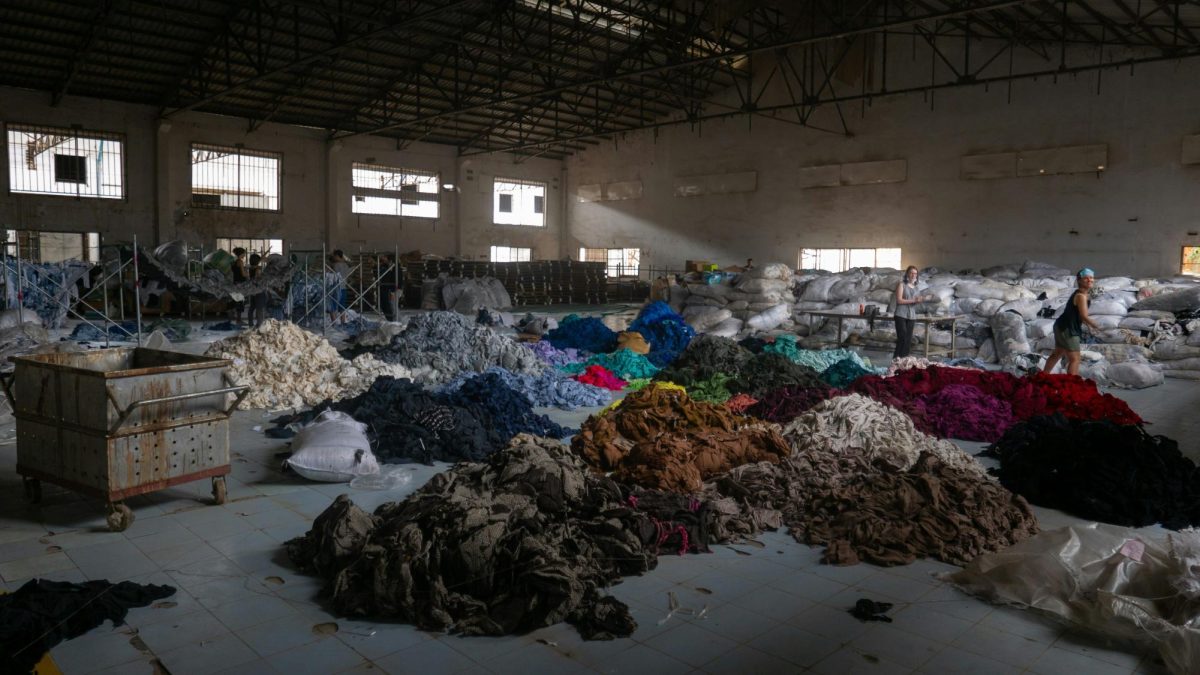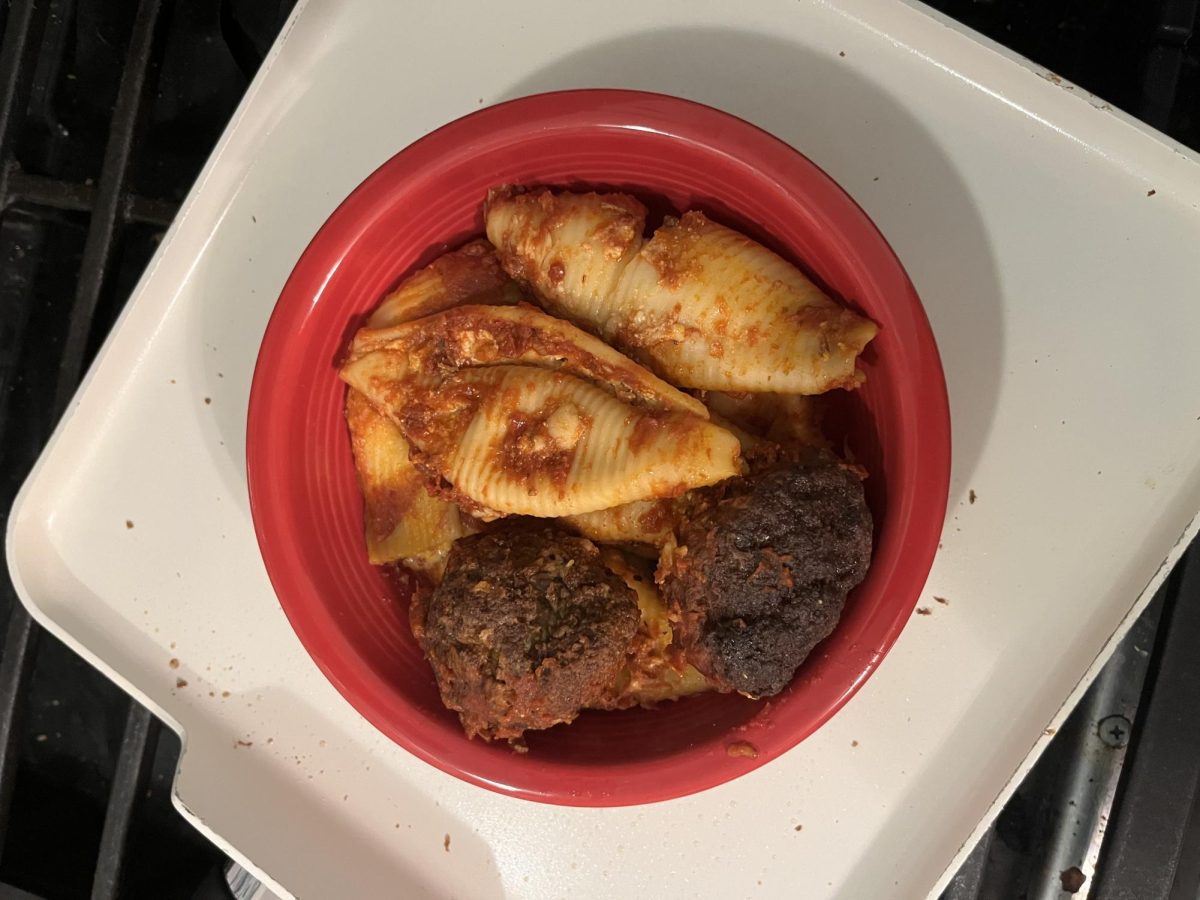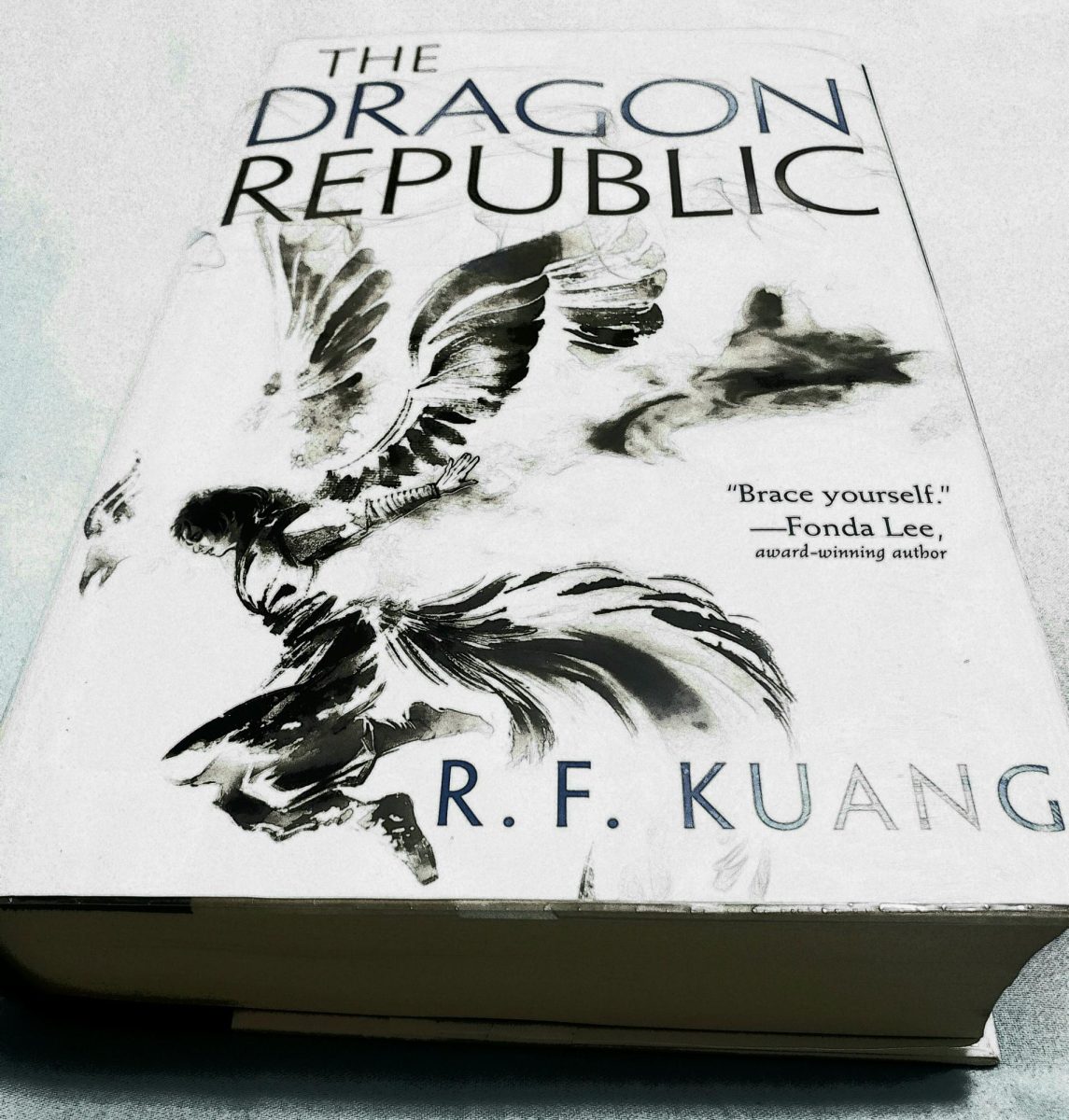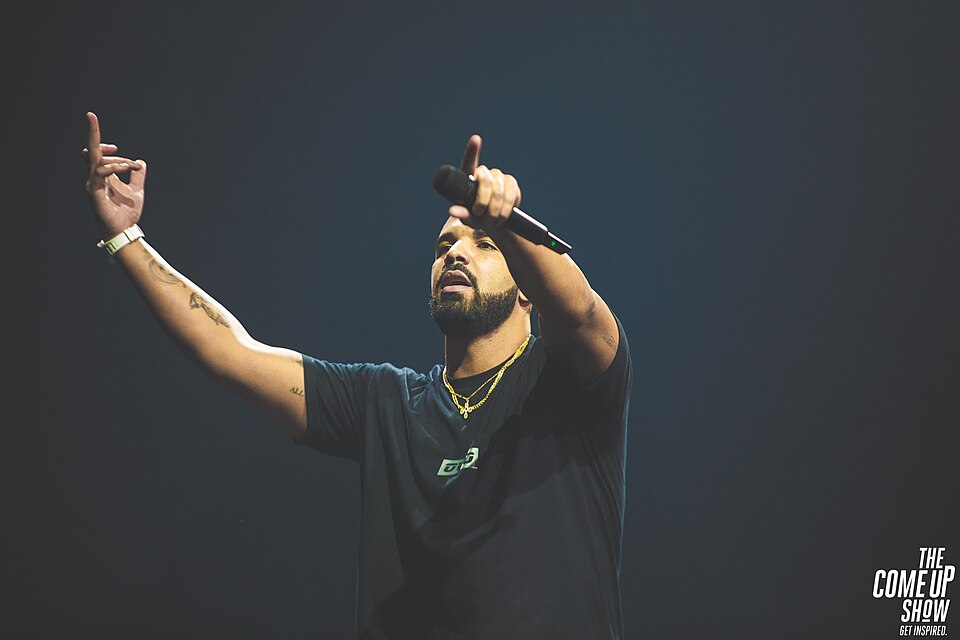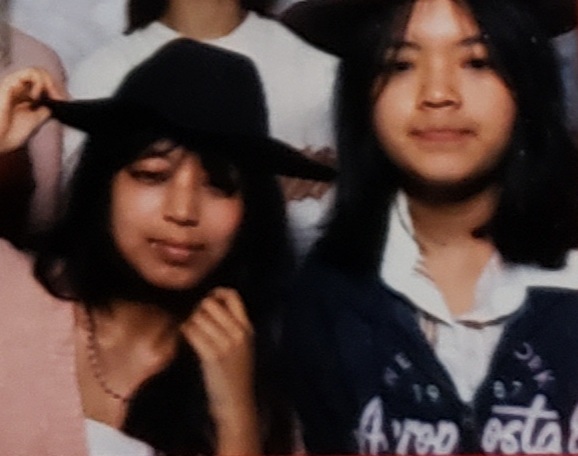The Poppy War trilogy, written by acclaimed author R.F. Kuang, incorporates unique and compelling characters, and depicts an imaginative portrayal of the Nanjing Massacre. This book explores historical themes of oppression, corruption, and loss of humanity– making parallels that leave readers jaw dropped.
R.F. Kuang, a widely known grimdark fantasy writer, published The Poppy War in 2018. The story draws on politics in mid-20th China, with an atmosphere inspired by the Song dynasty in 960 AD. According to Goodreads, she is a Marshall Scholar, and a number one New York Times bestselling author of The Poppy War trilogy.
She also has an MPhil in Chinese studies from Cambridge, and Contemporary Chinese Studies from Oxford; she is currently pursuing a PhD in East Asian Languages and Literature at Yale.
This book is fast-paced, making it a gripping and enjoyable read. It initially presents itself as a military fantasy in a school setting with rivalries. Later, however, the book goes on to cover complex themes, such as the depiction of moral ambiguity – is Rin a simple hero or a villain? The dynamic protagonist Rin develops into a conflicting character; her early journey of being an ambitious, vulnerable child, provides a stark contrast to her ruthlessness as the commander of the Cike.
Summary
The novel follows Rin, a war orphan who rises through sheer willpower to attend an elite military academy, only to be pushed into a conflict that demands more than her academic excellence. As she trains, she discovers shamanic powers that help her navigate brutal battles and moral dilemmas.
Unlike your typical fantasy novel, the book is often considered controversial due to the graphic, and intense content near the end of the story. Some readers believed these scenes were deeply disturbing, and questioned the necessity of them. Kuang, however, defended the realism as purposeful, using fantasy to confront the legacy of colonialism and genocide rather than escape them.
“‘I don’t think writing about it through the lens of fantasy makes it easier,’” Kuang said in an interview published by Chaipters. “‘I think writing about it through a fantasy perspective also makes it more difficult because you have to be … grappling with the violence in a significant way.’” Though steeped in fantasy, The Poppy War doesn’t shy away from real-world atrocities.
From the very first page, Kuang’s visceral descriptions pull readers into a world that feels both fantastical and hauntingly real. What struck me most was the clarity in language, and immersive world building.
The novel occurs during a looming war that takes place between two nations – Federation of Mugen and the Dragon Republic (Nikan). Rin is sided with Nikan and views the Federation as a brutal, genocidal enemy, witnessing their horrors further motivated Rin to seek revenge.
This section of the book is usually where readers become invested, many are left at the edges of their seats, waiting for the next big decision that will change the trajectory of the story.
A strength in the novel was the illustrative imagery; this definitely shined through during the melee battles, which felt raw and immediate. The cinematic battle scenes were palpable and intense, and the emotions were well- conveyed through the characters.
This diction is especially captured in the quote: “The sky burned with the fire of a thousand suns, and the ground shook beneath the fury of war. Death was no longer a distant shadow – it was here, breathing down our necks, tasting the blood in the air.”
Subhaan Mian, a sophomore at New Hartford Senior High School, liked it for the fantasy, and “folklorish” elements of it. He believed the first part of the story demonstrated a great message, with the main character overcoming all odds.
The novel also stands out for its rich historical and cultural setting. Kuang’s background adds authenticity and depth, making the world feel vivid and engaging.
Criticism
Although the narrative is powerful, there are some moments where the writing falters – specifically in the pacing and transition between the school environment and full-scale war that comes later. Still, these are minor comments in this otherwise fiery novel.
Readers who are drawn to moral complexities portrayed by the flawed but fierce protagonist will find The Poppy War both exciting and unforgettable. It’s not a restful read – but one that lingers, and forces you to look.
